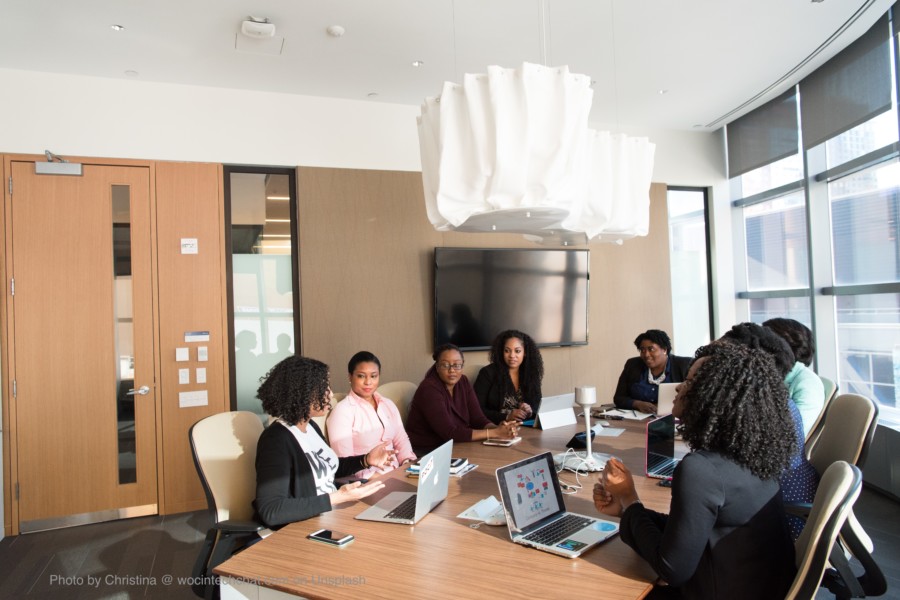Jo VanEvery, Academic Career Guide · Resting when you can’t stop working completely I seem to be having a lot of conversations about rest lately. It came up in Office Hours in the Academic Writing Studio. It’s come up in more than one Guide for the Journey session. If you are tired, you need to […]
Read More »Experiments
Do you struggle to write for long periods of time?
Jo VanEvery, Academic Career Guide · Do you struggle to write for long enough? One of the members of the Academic Writing Studio asked about writing stamina in an Office Hours session, a regular group-coaching session I used to host for members. “You know, I have this ideal self that wakes up every day and […]
Read More »Optimizing Focus when your project brings up difficult emotions
Jo VanEvery, Academic Career Guide · Optimizing focus when your project brings up difficult emotions At the end of A Meeting With Your Writing one day, a participant shared how she’d managed her focus on a project that brings up difficult emotions… “I’ve been dealing with one thing that was very hard … with some […]
Read More »Start By Noticing
Jo VanEvery, Academic Career Guide · Managing Energy: Start by Noticing An important element of my approach to planning is that, instead of focusing on all the things you may need to fit into your plans, I focus on the concept of managing your time and energy. Noticing the changes in your energy can be […]
Read More »Overcommitted? Declaring a moratorium
Jo VanEvery, Academic Career Guide · Overcommitted? Declaring a moratorium It’s easy to get overcommitted. In addition to all the things you have to do, there are a lot of things you would like to do. You don’t want to manage your workload by dropping everything that makes your work meaningful. In fact, I encourage […]
Read More »Motivation and accomplishment in your writing practice
Jo VanEvery, Academic Career Guide · Motivation & accomplishment in your writing practice Given how hard it is for most academics to find time to work on their writing, and how difficult it is to know how long some stages of the process will take, I advocate establishing a regular writing practice and trusting […]
Read More »Dealing with the loss of a physical boundary between work and home
This post was originally written during a time when many universities and workplaces had shifted to remote work in response to the COVID pandemic. Although circumstances have now changed for many people, much of what I say in this post still applies. Jo VanEvery, Academic Career Guide · Dealing with the loss of a physical […]
Read More »Are meetings really a waste of time?
This post was originally written during a time when many universities and workplaces had shifted to remote work in response to the COVID pandemic. Although circumstances have now changed for many people, much of what I say in this post still applies. Jo VanEvery, Academic Career Guide · Are meetings really a waste of time? […]
Read More »The case for getting dressed for work
This post was originally written during a time when many universities and workplaces had shifted to remote work in response to the COVID pandemic. Although circumstances have now changed for many people, much of what I say in this post still applies. I’ve been working from home for over 10 years now and the question […]
Read More »Write every day?
This is a question that comes up a lot in advice about academic writing, or any kind of writing really. And it came up during the December 2018 Planning Your Winter Semester class in the Academic Writing Studio. A lot of people encourage you to write every day. You may think that because I have […]
Read More »Recent additions vs good starting points
This page uses the standard blog layout: posts in reverse chronological order of publication date with this “sticky post” at the top to explain how things work. I’ve also created a list of good places to start for those unfamiliar with my approach. The things I write are often not time sensitive, except in the […]
Read More »Managing long term projects
Academic work involves long projects. Of the five Lesser known lessons from academia Daniel McCormack discusses, three are about the difficulties of long projects. (He goes into some detail about each of these. I encourage you to read what he has to say in addition to my thoughts.) I want to focus on the aspects of academia that […]
Read More »




![A flatlay photo of a white desk surface displaying a few items. A black rope noticeboard with walnut frame reads: "Things to do: 1. own today. 2. [empty space] 3. [empty space]. A pair of bright neon turquoise wired headphones, a laptop, turquoise notebook, black coffee in white mug and grey cable knit jumper sleeve decorate the image edges.](https://jovanevery.co.uk/wp-content/uploads/2021/03/emma-matthews-digital-content-production-p6g6S_kXkFc-unsplash-900x600.jpg)











